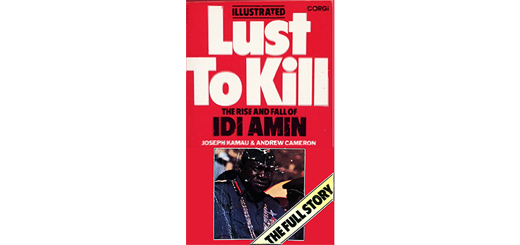It’s okay to speak ill of the dead – Kanengoni
 It is a common belief that you should not speak ill of the dead. You should not rake up old bones either. What happens if you do is not clear.
It is a common belief that you should not speak ill of the dead. You should not rake up old bones either. What happens if you do is not clear.
The writer Alexander Kanengoni tells us in The Patriot newspaper that fellow poet and writer Chenjerai Hove died “a miserable man in deplorable and shameful circumstances” in self-imposed exile in Norway.
Hove was a “phenomenal” multi-award-winning writer but his story “is a tragic example of the agony when our lies finally catch up with us,” says Kanengoni in a piece entitled ‘Horror of staring our lies in the eyes.’
In the eyes of the West, he says, Hove’s acerbic criticism of ZANU PF made him a hero. But “everyone knew that maligning the name of Robert Mugabe and bad-mouthing Zimbabwe had become a fully-fledged money-making and fame-seeking business venture,” and the West was always standing by to reward it.
Hove “lost the argument against his conscience a long time ago.” He claimed his life was in danger when he fled in 2001. He resisted calls to return home, frightened of what the world would think when he returned and nothing happened to him, frightened “to come back to face the demon of his lies.” Visitors to Norway found in Hove “a crushing sense of loneliness, desperate helplessness and complete despair.”
Kanengoni admits there is “a controlled silence” over speaking ill of the dead in our culture but in the midst of it there is always a jester or ‘sahwira’ to expose the outrageous side of the deceased. He tells the story of one gaudily dressed sahwira mimicking a roadside prostitute at the funeral of a man’s wife, showing that the marriage had not been all it might have been.
“Therefore, it is not true that the Shona culture discourages people from speaking badly about someone who has died. Could it have been said louder than this?”
It would not be far fetched for a jester to suggest Hove was enticed to Europe by “some shadowy white woman, leaving behind his devastated wife and children.”
He goes on: “Of course, it doesn’t have to be true because it is all done in jest!”


